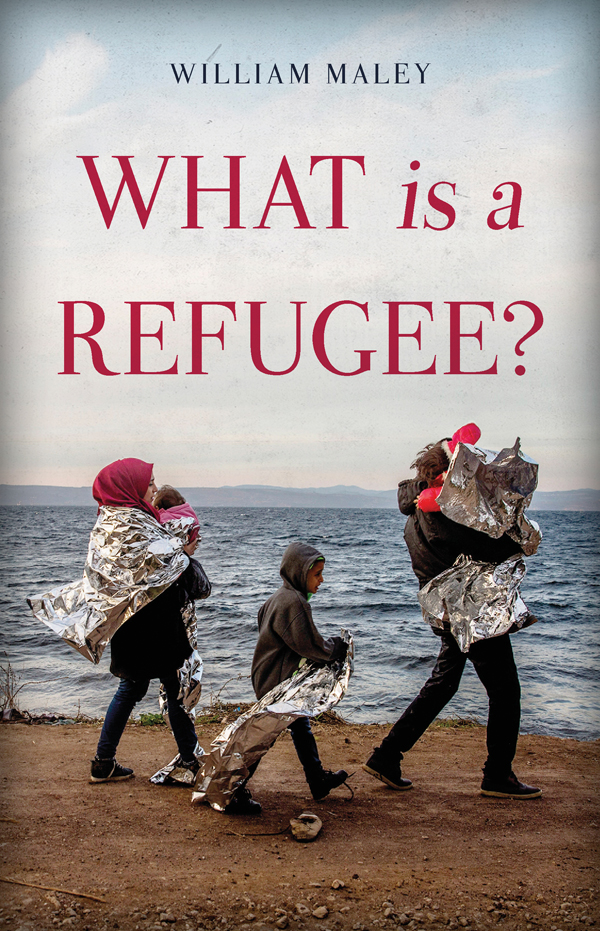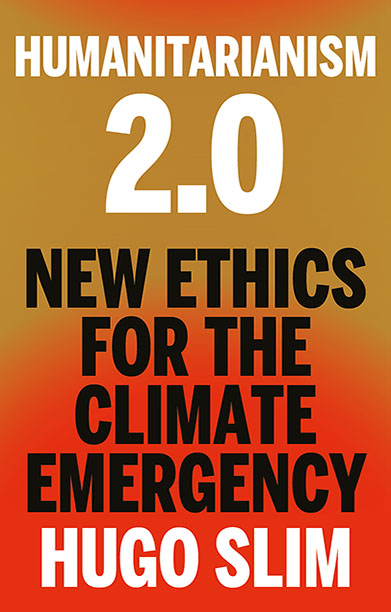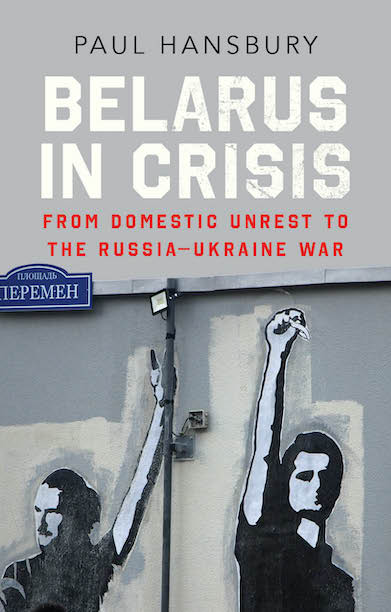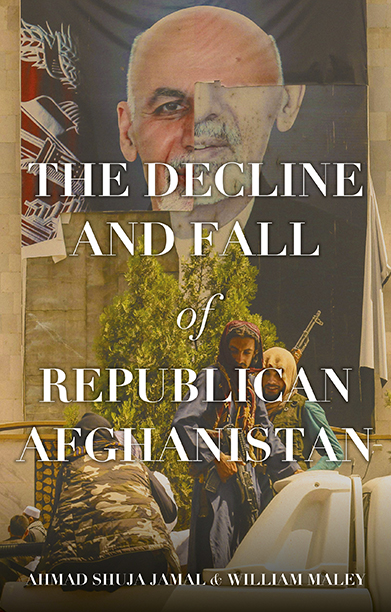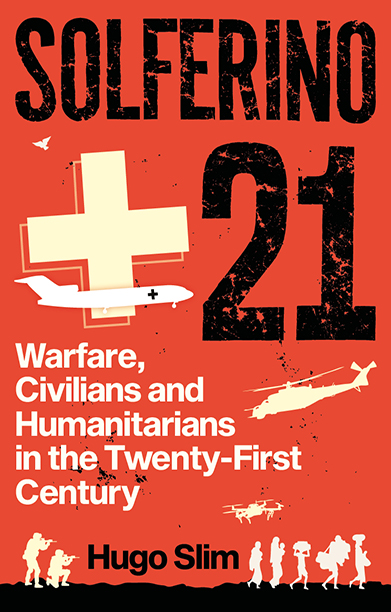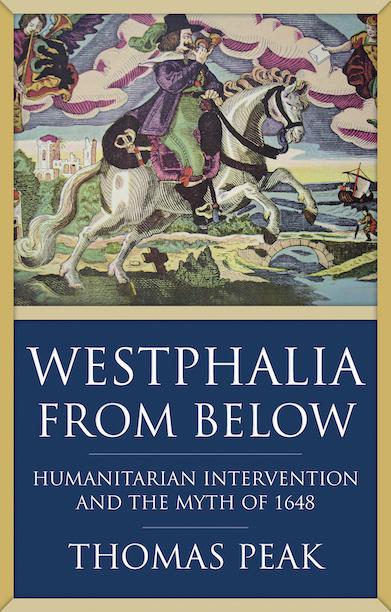What Is a Refugee?
An illuminating guide to the complex idea of ‘the refugee’ that sets the current crisis within the wider history of human exile.
Description
With the recent arrival in Europe of over a million refugees and asylum-seekers, a sense of panic began to spread across the continent and beyond. William Maley’s illuminating introduction offers a guide to the complex idea of ‘the refugee’ and sets the current crisis within the wider history of human exile, injecting much-needed objectivity and nuance into the debate.
Arguing that Western states are now reaping the consequences of policies aimed at blocking safe and ‘legal’ access to asylum, What is a Refugee? shows why many proposed solutions to the refugee ‘problem’ will exacerbate tension and risk fuelling the growth of extremism among people who have been denied all hope.
This lucid book also tells of the families and individuals who have sought refuge, highlighting the suffering, separation and dislocation on their perilous journeys to safety. Through such stories we can begin to answer the question, what is a refugee?
Table of contents
1. Introduction
Some categories and distinctions
Some recurring themes
The objectives and structure of this book
2. Defining ‘refugees’
International refugee law: origins
The Office of the United Nations High Commissioner for Refugees (UNHCR)
The 1951 Convention Relating to the Status of Refugees
Broader legal definitions
Refugee protection under other branches of law
Status determination by states
Ordinary language understandings of ‘refugee’
Philosophical definitions of ‘refugee’
3. Exile and Refuge: A Brief Overview
Political violence, marginalisation and the human experience
Exile and ideology from the 17th to the early 20th century
Russian and German refugees between the World Wars
Postwar refugee resettlement
Internal conflict and refugee movements in the late 20th and early 21st centuries
4. States and Refugees
The Westphalian system
Bureaucracy and its failings
Individual initiatives
People smuggling: a product of state inaction
5. Roots of Refugee ‘Crises’ in a Globalised World
State disruption and violent conflict
The fear of ‘terrorism’
Transport, the wherewithal to travel, and human mobility
Globalisation and its impacts
6. Diplomacy and Refugees
Frameworks for negotiation over refugees
‘Burden sharing’ and its dilemmas
The temptation of ‘easy options’
Refugees as agents
7. Refugees, Intervention and the ‘Responsibility to Protect’
The use of force
The idea of humanitarian intervention
‘Intervention’ as a solution
The Responsibility to Protect
8. ‘When Adam delved and Eve span …’: Some Reflections on Closing and Opening Borders
The costs of controlled borders
The moral costs of refugee exclusion
Confronting the ‘Birthright Lottery’
Endnotes and Index
Reviews
‘Debunking some of the popular assumptions about the refugee crisis, with a look into the causes behind the flight from one’s homeland … Maley raises the vexing question of why we consider people in a developed and stable country entitled to all the benefits of modernity, whereas others are expected to put up with murder, pillage and mayhem.’ — Geographical Magazine
‘With the arrival in Europe of over a million refugees and people seeking asylum in 2015, a sense of panic began to spread within the continent and beyond. What Is a Refugee? puts these developments into historical context, injecting much-needed objectivity and nuance into contemporary debates over what is to be done.’ — Refugee Council of Australia
‘This book is an eye-opener. It is an elegant, expert account of the history of refugees, their formal rights, and their shrinking prospects. It will leave no reader unmoved, and no conscience untroubled.’ — Philip Pettit, L.S.Rockefeller University Professor of Politics and Human Values, Princeton University, and author of Just Freedom: A Moral Compass for a Complex World
‘William Maley has done the world a great service—introducing one of the key questions of our times with rich insight and clarity. His book is a thoroughly readable and essential exploration of refugee issues. I learnt a huge amount from his writing, and I highly recommend it.’ — Patrick Kingsley, Migration Correspondent, The Guardian; Foreign Affairs Journalist of the Year, British Journalism Awards 2015
‘An excellent introduction for the general reader on refugee issues and the national and international political context in which they are located. Lucidly and fluently written, Maley’s deep and humane understanding and wide-reading across history and literature shines through on every page.’ — Matthew Gibney, Professor of Politics and Forced Migration, University of Oxford
‘A compelling, engaging and short book aimed at non-specialists who are interested in understanding the roots and complexities of the refugee crises. A pleasure to read.’ — Rosa Freedman, Professor of Law, Conflict and Global Development, University of Reading, and author of Failing to Protect: The UN and Politicisation of Human Rights
‘This timely, informative and highly accessible book tackles the thorny issue of what happens to people fleeing fear and repression around the world. Maley cuts through technical jargon and legal terminology to bring to the lay reader an understanding of how some of the key challenges of refugee protection are being managed in the twenty-first century. Highly recommended.’ — Dawn Chatty, Emerita Professor of Anthropology and Forced Migration and former director of the Refugee Studies Centre, University of Oxford
Author(s)
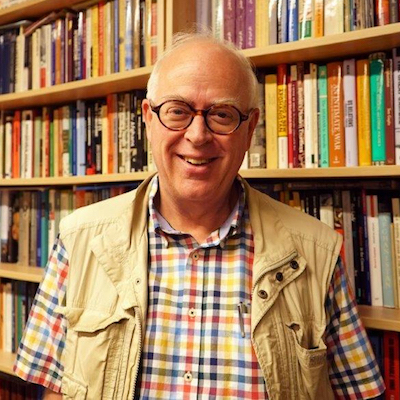
William Maley is Emeritus Professor of Diplomacy at Australian National University, and the author of many books on Afghan politics and history.
